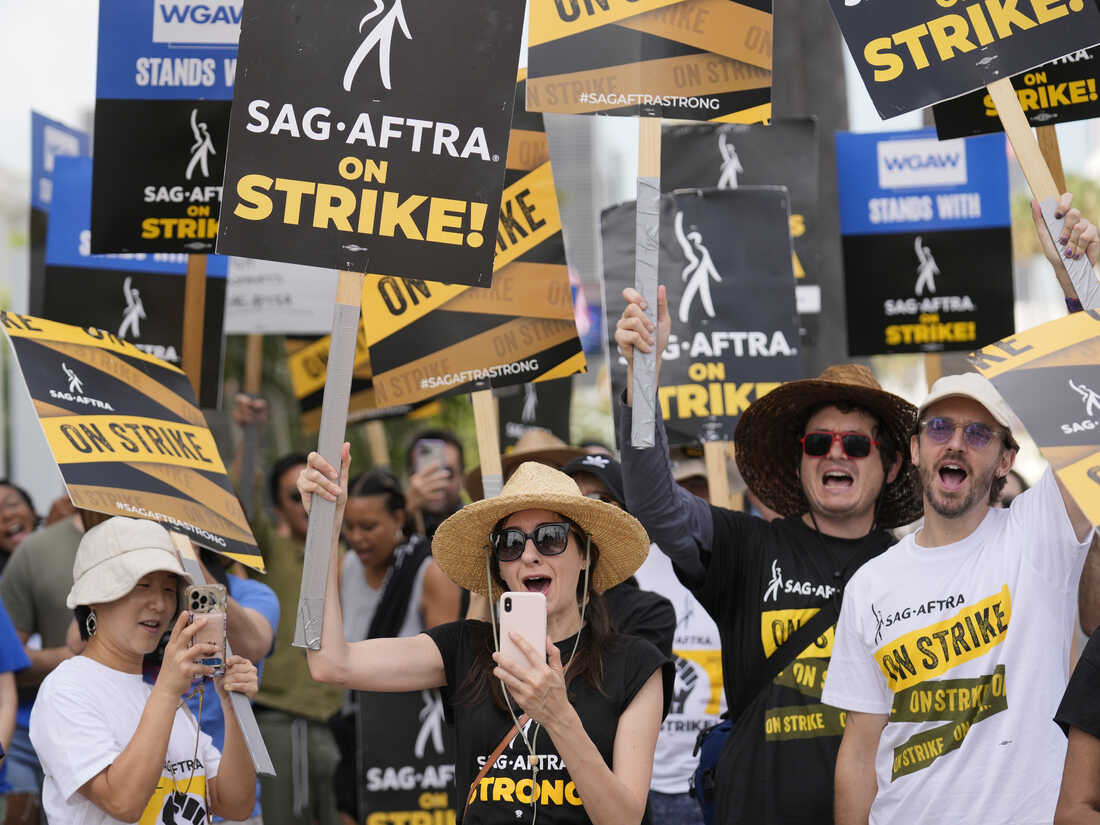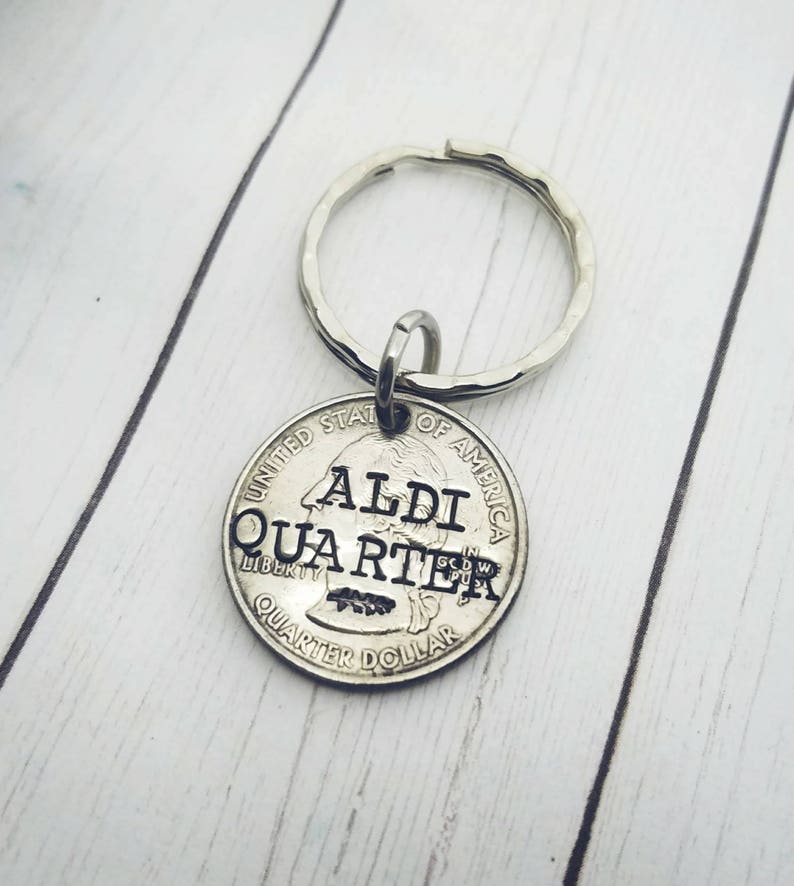Actors And Writers Strike: The Impact On Hollywood's Future

Table of Contents
Financial Fallout: The Economic Impact of the Strike
The Hollywood strike's economic impact is already substantial and continues to grow. Production shutdowns, delayed releases, and investor uncertainty paint a concerning picture for the industry's future.
Production Shutdowns and Delays
- Major film and television productions have ground to a halt, impacting studio revenues significantly. Blockbuster sequels, anticipated series, and independent films are all caught in the standstill.
- Release dates are being pushed back, creating uncertainty for studios and potentially affecting box office numbers. The ripple effect extends to related industries, impacting catering companies, transportation services, and countless other businesses that rely on Hollywood productions.
- The impact on smaller independent productions is particularly devastating, often lacking the financial reserves to withstand prolonged delays. Many smaller projects may face cancellation altogether, silencing diverse voices and creative visions. Estimates suggest billions of dollars in losses across the industry. For example, the delay of "Stranger Things" season 5 is estimated to cost Netflix tens of millions.
The Impact on Streaming Services
Streaming services, once seen as invincible, are feeling the pinch. Their business model depends on a constant flow of new content, and the strike is severely disrupting that pipeline.
- Reduced content pipelines are impacting subscriber growth, potentially leading to a slowdown in new subscriptions or even a drop in existing ones.
- Streaming platforms face pressure to increase prices to maintain profitability, potentially driving away subscribers. Conversely, they might cut costs by reducing other programming, affecting their overall content library.
- The loss of revenue for streaming giants like Netflix, Disney+, and HBO Max is substantial, adding to the overall financial burden of the strike. The lack of fresh content directly impacts their ability to attract and retain subscribers.
Investor Concerns and Stock Market Reactions
The actors and writers strike has sent shockwaves through the financial markets. Investor confidence in the entertainment industry has plummeted, leading to significant stock market fluctuations.
- The stock prices of major entertainment companies, including Disney, Warner Bros. Discovery, and Netflix, have experienced noticeable drops. These fluctuations reflect investor concern about the long-term consequences of the strike and the uncertainty it creates for future earnings.
- Investor uncertainty regarding the duration and resolution of the strike continues to weigh heavily on the industry's valuation. The prolonged nature of the strike exacerbates these concerns, pushing investors to seek safer investments.
- The economic impact extends beyond the immediate players, affecting advertising revenue and impacting the overall financial health of related businesses. The knock-on effects are significant and far-reaching.
Creative Changes: Rethinking the Future of Content Creation
The Hollywood strike is forcing a critical reassessment of the creative process and the industry's power dynamics. The demands of the unions are pushing for significant changes in the way content is created and compensated.
The Rise of AI and its Impact on Writers and Actors
The use of AI in entertainment is a major point of contention in the strike. Both SAG-AFTRA and the WGA are deeply concerned about the potential for AI to replace human talent.
- The unions demand stronger protections against the use of AI-generated content, seeking safeguards that preserve the value and integrity of human creativity. They fear AI could devalue human work and lead to job losses.
- The concern extends beyond simple job displacement; the unions argue that AI-generated content lacks the nuance, creativity, and emotional depth that human artists bring to their work.
- Negotiations are focused on establishing clear guidelines and regulations for the use of AI, preventing its unchecked exploitation at the expense of human talent.
Redefining Residuals and Fair Compensation in the Streaming Era
Traditional residual payment models are inadequate in the streaming era, leading to unfair compensation for actors and writers. The strike addresses this crucial issue.
- The fight for fair compensation centers on reforming the outdated residual system to reflect the reality of streaming platforms' massive profits. Actors and writers are demanding a fairer share of the revenue generated from their work.
- Increased transparency in revenue sharing is a key demand, aiming to ensure that creators receive a fair return on their creative contributions. The lack of transparency in the streaming model has been a major source of contention.
- The unions are pushing for models that better reflect the value of their work in a digital landscape, where content is consumed globally and generates significant revenue for streaming services.
The Power of Collective Bargaining and Union Solidarity
The strike highlights the power of collective bargaining and the importance of union solidarity in achieving fair working conditions and pay.
- The united front presented by SAG-AFTRA and the WGA demonstrates the power of collective action in negotiating for better terms. Their combined strength allows them to negotiate with more leverage against powerful studios and streaming platforms.
- The strike underscores the value of union membership and the crucial role of collective bargaining in protecting the rights and interests of creative professionals.
- The solidarity shown by actors and writers across different projects and platforms demonstrates a united front against unfair practices and a commitment to achieving a more just system.
Long-Term Consequences: Shaping the Future of Hollywood
The Hollywood strike's long-term consequences are uncertain, but it's poised to reshape the industry in profound ways.
Potential for Industry Restructuring
The strike could lead to significant changes in how Hollywood operates, potentially impacting production models, distribution strategies, and labor practices.
- The industry may see a shift towards more sustainable production models that prioritize fair wages and working conditions. This could lead to changes in the way productions are budgeted and scheduled.
- New distribution strategies might emerge, potentially diversifying the platforms and models through which content is delivered to audiences. This could involve a greater emphasis on independent production and distribution channels.
- Labor practices could be overhauled, with stronger protections for actors and writers, potentially influencing the overall power dynamics within the industry.
The Changing Landscape of Storytelling
The strike has the potential to fundamentally alter the types of stories being told and the way they are produced.
- A shift in power dynamics could lead to more diverse and inclusive storytelling, giving voice to a wider range of perspectives and experiences. This could lead to more authentic representations and a richer range of narrative voices.
- Changes in production models might affect the types of projects that are greenlit, prioritizing quality over quantity and potentially favoring smaller, more character-driven stories.
- The creative process itself could be reimagined, with a greater emphasis on collaboration and fair compensation for all those involved in the production.
The Future of the Actor and Writer's Roles
The strike is shaping the future roles and responsibilities of actors and writers, potentially leading to increased autonomy and better protections.
- Actors and writers may gain more control over their work, potentially influencing creative decisions and securing better terms for their contributions.
- Increased protections against exploitation and unfair practices are crucial outcomes sought by the unions, strengthening the rights and security of creative professionals.
- The future may see a stronger emphasis on collaboration between actors, writers, and producers, fostering a more equitable and sustainable relationship between creative professionals and industry leaders.
Conclusion
The actors and writers strike represents a pivotal moment in Hollywood history. The long-term consequences of this labor action are still unfolding, but one thing is clear: the industry will not be the same. The demands for fair wages, better working conditions, and protection against the encroachment of AI are not just about this strike; they are about securing a sustainable and equitable future for creative professionals. The future of Hollywood hinges on the successful resolution of the actors and writers strike and a commitment to building a more just and equitable system for all. Stay informed about the ongoing negotiations and support the efforts of SAG-AFTRA and the WGA to achieve a fair outcome for all involved in the creation of entertainment. Understanding the implications of the actors and writers strike is crucial for anyone interested in the future of Hollywood.

Featured Posts
-
 Vanja Mijatovic Detalji O Razvodu I Borbi Protiv Traceva
May 22, 2025
Vanja Mijatovic Detalji O Razvodu I Borbi Protiv Traceva
May 22, 2025 -
 The Blake Lively Allegedly Controversy Facts And Speculation Bored Panda
May 22, 2025
The Blake Lively Allegedly Controversy Facts And Speculation Bored Panda
May 22, 2025 -
 Huizenprijzen Stijgen Ondanks Economische Tegenvallers Abn Amro Prognose
May 22, 2025
Huizenprijzen Stijgen Ondanks Economische Tegenvallers Abn Amro Prognose
May 22, 2025 -
 This Weeks Top Gbr Stories Grocery Shopping A 2000 Quarter And The Doge Poll
May 22, 2025
This Weeks Top Gbr Stories Grocery Shopping A 2000 Quarter And The Doge Poll
May 22, 2025 -
 Qaymt Mntkhb Amryka Ttdmn Thlathy Jdyd Lawl Mrt
May 22, 2025
Qaymt Mntkhb Amryka Ttdmn Thlathy Jdyd Lawl Mrt
May 22, 2025
